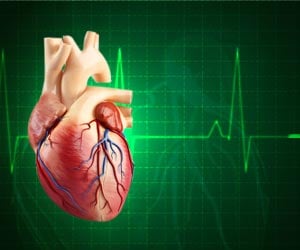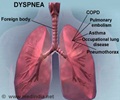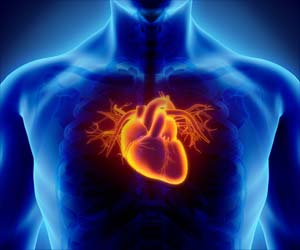Heart failure patients often complain breathlessness. The surprising cause identified could provide effective treatment for heart failure patients.

‘The surprising cause for breathlessness linked to heart failure patients has been uncovered to provide new treatment options.’





The first-ever findings appear today in Science Translational Medicine."We may not think of the brain as being the reason why heart failure patients have trouble breathing when they walk up the stairs, especially when the heart is the sick organ," said Simpson, who worked on the study with Dalhousie University professor Keith Brunt. "But our organs talk to each other and the brain talks to our diaphragm."
Known as dyspnea, shortness of breath affects people suffering from heart failure.
"For these patients, losing the ability to do daily tasks because of shortness-of-breath, is one of the hardest challenges of the disease," said Simpson.
However, treatment is typically focused on the heart and blood vessels and not the respiratory system, he added.
Advertisement
But the researchers found using existing hormone-suppressing drugs that can reach the part of the brain responsible for respiratory control to be effective.
Advertisement
Initially, the study involved following mice models with heart failure through a four-month progression of the disease. Then the researchers made an interesting discovery.
"Unlike previous research that examined the organs at the end stages of the disease, we were looking at the changes happening as heart failure develops," said Simpson.
"We found the diaphragm, which is the main muscle we use to breathe, was being overworked."
The next step was determining why.
It's already known that people with heart failure have increased levels of the hormones norepinephrine and angiotensin. The imbalance causes high blood pressure and heart failure.
The researchers discovered these same two hormones are behind the diaphragm becoming weak.
"Essentially these hormones get into the brain and send signals that push the diaphragm into unrelenting overdrive," said Simpson. "By suppressing these hormones, we can prevent the diaphragm from becoming weak."
Simpson said beta-blockers and angiotensin-receptor-blockers that can pass through the blood-brain barrier were successful at treating both the heart condition and diaphragm weakness.
"We don't need to wait for a new drug, which could take years or even decades to develop. We only have to select the right drugs for the right patients at the right time."
The findings may not only improve quality of life for heart patients, but also for patients with other diseases where shortness of breath is a symptom, Simpson said.
"Our goal in medicine isn't just to keep people alive, but to help them have the best quality of life.”
Source-Eurekalert















